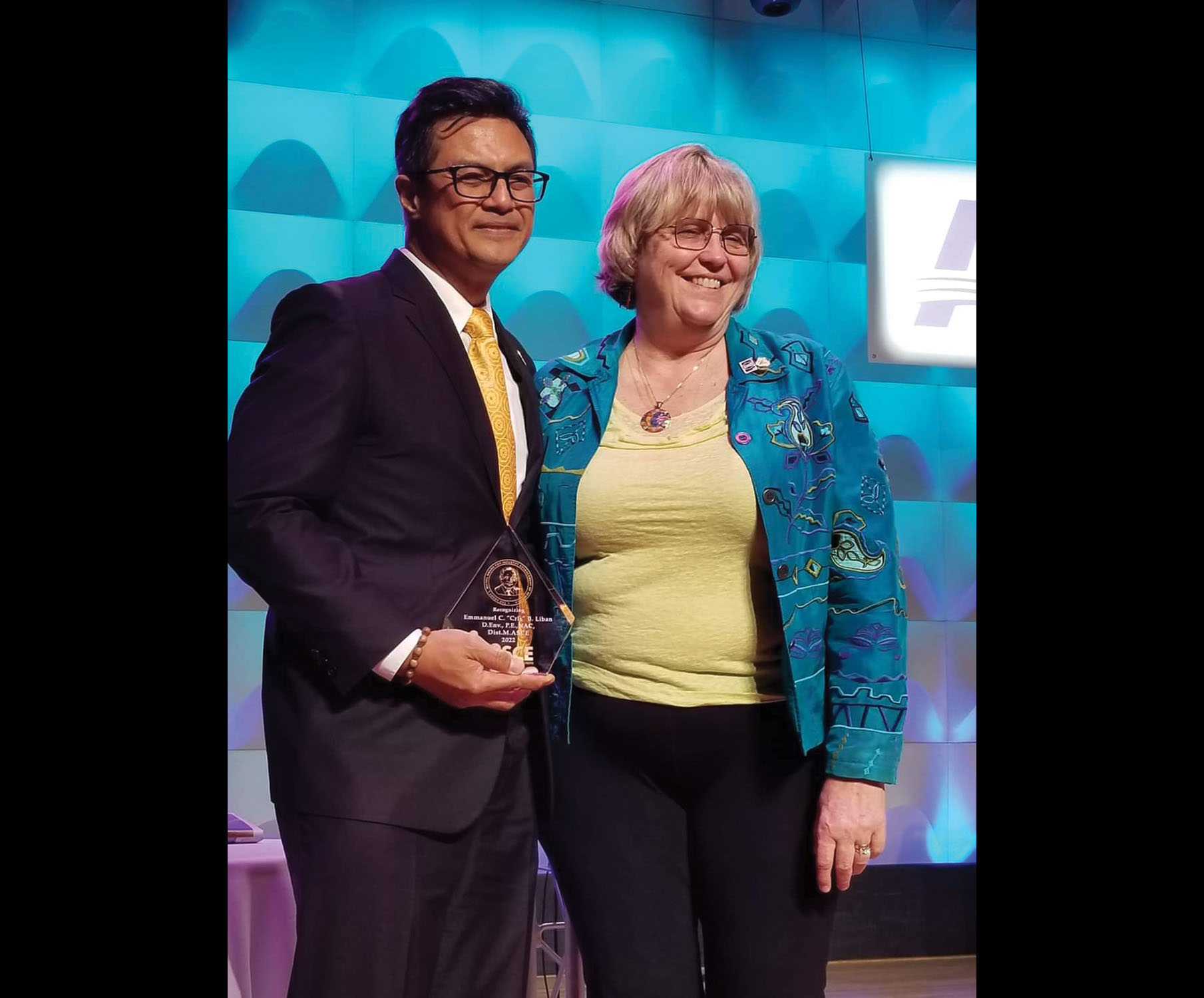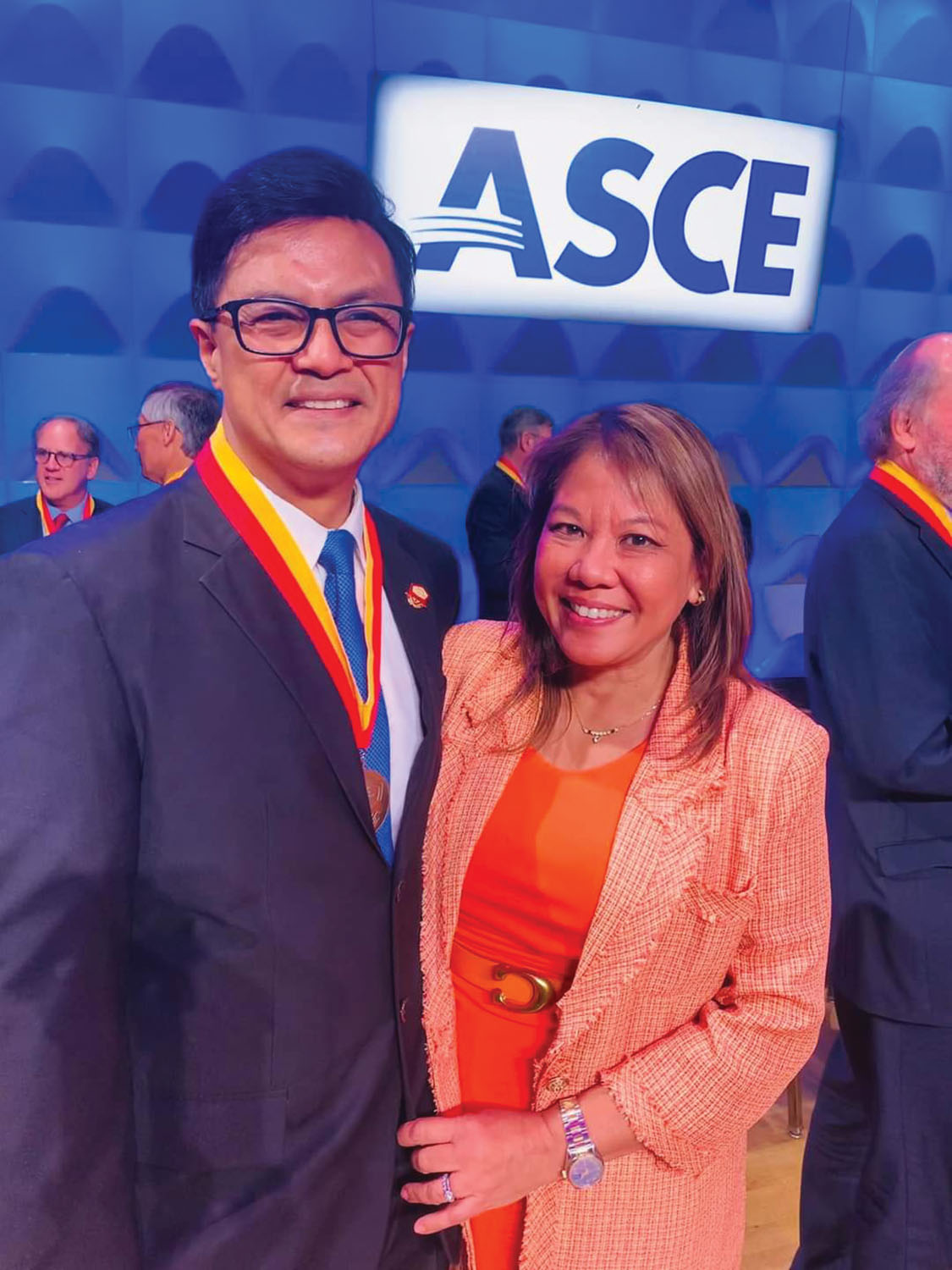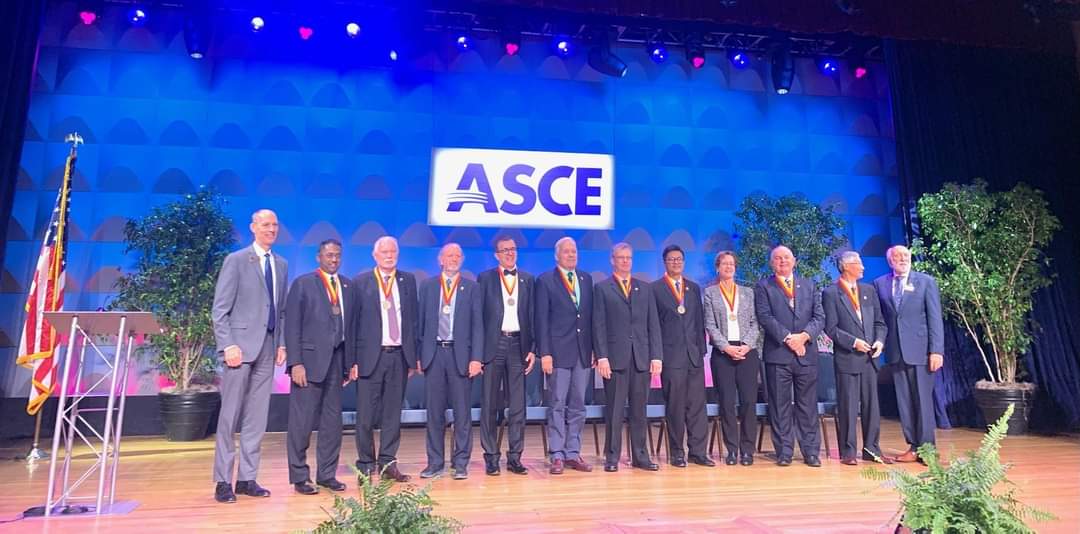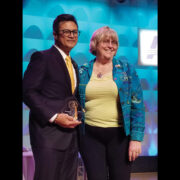
“Society works best when we can take its functions for granted. It works best when we can trust that our personal safety is never in doubt. Trust, often unseen, is indispensable for a healthy, functioning society. And, in the absence of trust, nothing that works can work well.” — Pete Buttigieg, Trust: America’s Best Chance, 2020
U.S. Secretary of Transportation Pete Buttigieg must have been a prescient forecaster of events when he wrote his book, “Trust: America’s Best Chance.” In it, he described how it took a million tweets from the beginning of 2014 to erode public trust. It took a thorough research paper in 2018 on Russian bot activity in the American Journal of Public Health to describe their findings on Russian trolls’ posts on vaccination. He wrote, “By promoting a cloud of ‘fifty-fifty’ messaging on a matter of settled medical and scientific consensus, the overall effect was to create doubt in the truth. It undermined vaccine science, while also serving a broader goal of adding controversy as such. Russian trolls promoted discord. Accounts masquerading as legitimate users create false equivalency, eroding public consensus on vaccination.”
Two years of a slowed-down economy, most meetings in person suspended with Zoom conferences as the norm. With virtual connections for two years, what happens to a national convention attended by worldwide participants? Will they trust again, after being socially isolated from connecting with one another?
Disneyland, where frontline customer service was streamlined and efficient, was the chosen site. From that first encounter, mirrored by the American Society of Civil Engineers (ASCE)’s frontline staffers, I found them equally knowledgeable and efficient.
I recall also how decades ago, I would sit behind a Metro bus and literally curse it for its emissions that triggered my asthma attacks. Now, I enjoy riding the bus occasionally, even riding the MetroLink and Amtrak’s coast rider to San Diego. It all started with clean Metro buses, which encouraged me to trust public transit again.
Distinguished member distinction
788 participants attended a celebratory luncheon wherein 10 members were inducted as “Distinguished Member, “ a designation “reserved for the most eminent civil engineers in the Society. A Distinguished Member is a person who has attained eminence in some branch of engineering or in the arts and sciences related thereto, including the fields of engineering education and construction.” This was the American Society for Civil Engineers, 170-old international organization with over 40 student chapters, actively mentored by the industries that sponsor student lunches to hear their speeches and updates.
It is the members’ rise to this distinction, where 250 out of 150,000 members are recognized with this designation, since 1852, a mere 0.16%, 1/16 of 1%, clearly the cream of the crop that these nearly 800 participants came to applaud.
Dr. Emmanuel “Cris” Battad Liban’s induction happened on October 24, 2022, on the festival of Diwali, the triumph of light over darkness, with a deeper significance, given the darkness we all felt from being isolated for two years by this Coronavirus pandemic. It historically occurred during the month of October, traditionally celebrated as Filipino American History Month and officially recognized by the White House.
For each of the 10 distinguished members, a short video was prepared with a younger student congratulating the distinguished member/professor and for Cris, his son JP congratulated him, followed by a trailer about his accomplishments in life.

His wife Benel rearranged her own busy CEO schedule of managing 25 accountants on financial and business consulting services to support this distinction.
Engineering News Record, a 105-year-old publication with over 500 design firms listed, 600 specialty contractors, and 2015 circulation of 62,285, and one that ranks annually the largest contractors and design firms in the U.S., selected Cris in 2020 as their Award of Excellence winner for his work on Metro’s Sustainability Practices and its usage of green construction practices [upended in part by the recent Purple Line construction shutdown given the contractors’ gross inability to correct workplace injuries], usage of renewable natural gas to power all of its bus fleet, operating electrical vehicle chargers, helping to eliminate food deserts near Metro stations, and helping to provide opportunities to the homeless.
Thomas Small, chairman of the LA Metro Sustainability Council, asserted: “I don’t think there’s anyone else in the world who has the position and the grit and knowledge to take Metro forward as it becomes even more the most innovative and the most effective transit system in the country, and we’re lucky to have [Cris Liban],” ENR reported in its January 21, 2020 publication.
ENR also reported on Cris “quietly changing the environmental, financial and social landscape of Los Angeles for the last 10 years,” according to ENR newsmaker Bilal Ayyub.
Cris is LA County Metropolitan Transportation Authority’s first-ever chief sustainability officer, leading the efforts to ensure LA Metro’s $140-billion infrastructure program and 28 transportation and transit projects that must be completed by the 2028 Olympics the region is hosting –are climate-adapted and resilient.”
[Full disclosure, I have been friends with the Liban family since 2013, with his wife Benel and their son, JP, sharing birthday and Christmas get-togethers. I have interacted with Cris on politics, LA City’s transportation issues, homelessness, climate change, and even infection control. Our conversations can last hours and I am struck by how patient he is to fully understand my point of view and waits for an opportune time to share his point of view and ultimately, by deferential action on his part, he invites for a higher common ground to end the discussion.]
That humble trait of an academician is not forgotten and becomes the prism from which I have had to observe him for eight years. I volunteered to attend the American Society for Civil Engineers’ convention, at my own expense, realizing the significance of Cris being installed as a distinguished member, the highest member designation of this organization, founded in 1852, a 170 year- old organization. You might think that if it is that ancient, what old practices they must have. I was so wrong!

Sustainability leader and Henry Michel awardee
The Henry Michel Award, named for the now deceased President of Parsons, a well-known and credible engineering construction firm that completed historic projects: IRT subway line in New York City, Atlanta’s rapid transit system, the first Caracas Metro Line in Venezuela and transit system of Taipei, Taiwan, as New York Times reported in 2018. The award recognizes design, construction, and aggressive vision in the industry.”
Cris was recognized as a Henry Michel awardee for being a “world-renowned leader in sustainability who tackles issues on social equity, resilience, climate change impacts, greenhouse gas emissions reduction strategies, life cycles and cost framework, sustainable transport funding and financing,”
Among the 25 recipients in ASCE’s history included individuals from Walt Disney, Shimizu, NY State Department of Transportation, MIT, Bechtel Corporation and McGraw Hill.
“Cris has really been a very innovative force when it comes to sustainability. He’s aware of all the latest developments in that field, but he’s also very innovative and willing to think outside the box. He makes sure we use the latest, most efficient equipment with our contractors, even to the level of what type of fuels are used and how we specify materials that are used on specific projects. It’s pretty all-encompassing,” said Rick Clarke, retired Metro Chief Program Management Officer and one of Cris’ colleagues at LA Metro.
Maria Lehman, ASCE’s President for 2022, acknowledged working with Cris on Envision for a decade, a sustainability rating system for infrastructures.
His wife Benel has been consistently sharing on Facebook posts his consistent involvement with ASCE: contributing three chapters to a new technical book on Engineering in 2017; ASCE’s California 2018 Outstanding Civil Engineer in Public Service; ASCE’s Most Outstanding Sustainable Project won by Liban’s Metro Team in 2019 and now Henry Michel Awardee of ASCE 2022.
When Cris made front page of the Engineering News Record, these quotes from Pam Radtke Russell’s April 15, 2020 article, struck my attention:
“He has a quiet, powerful image that he projects.” –Ileana S. Ivanciu, Senior VP, Dewberry
“He’s looking at the topic of sustainability writ large. Part of it is standards and part of it is advocacy in the political sphere. He is really trying to identify root causes and challenges and reflect on how we can make significant long-term progress on these things. He’s definitely big picture. But he realizes you’ve got to tie it together and drill down to basics as well.” –Doug Dietrich, Sustainability Manager at Burns & McDonnell
“Where Cris stands out is he looks beyond LA Metro, to the whole region and the country, on how he can leverage what he is doing at his agency to make a difference in the world.” – Anthony Kane, president and CEO at the Institute for Sustainable Infrastructure, a non-profit that implements the Envision sustainability rating system for infrastructure.
Cris’ acceptance speech started with thanking God, the power he comes to, about 10,000 times in the last 25 years, to make a difference in people’s lives. He thanked his wife, his son and the legion of mentors that formed him.
Attending the ASCE convention cemented my fundamental beliefs in mentoring as propelling right-minded change. ASCE’s structured mentoring mechanism keeps it vibrant, relevant and credible.
For me, in Los Angeles, we enjoy Metro’s fleet of 2,200 buses that are run by renewable natural gas, with no visible pollutant emissions. It makes for a very comfortable ride for the riders and the car drivers behind these buses, all waiting for the green light.
During a workshop panel on ‘Engineering and Climate Change,’ Liban reported on having trained over 500 employees on the principles of sustainability and resiliency, which includes the budget office that now is more aware of the billions needed to enhance infrastructure and the inspector general’s office that is now more aware to police the expenditure of these funds without fraudulent practices.
Liban earns credibility and trust as he draws in more people to be in his orbit, to be collaborative, to be right-minded in viewing the consequences to the riders, and to share his perspective for changes outside the bus, to the over 12,000 bus stops and into the millions of trees whose roots are buckling and destroying LA’s sidewalks and to the people populating these sidewalks because they have no shelter.
* * *
Prosy Abarquez-Delacruz, J.D. writes a weekly column for Asian Journal, called “Rhizomes.” She has been writing for AJ Press for 12 years. She also contributes to Balikbayan Magazine. Her training and experiences are in science, food technology, law and community volunteerism for 4 decades. She holds a B.S. degree from the University of the Philippines, a law degree from Whittier College School of Law in California and a certificate on 21st Century Leadership from Harvard’s Kennedy School of Government.
She has been a participant in NVM Writing Workshops taught by Prof. Peter Bacho for 4 years and Prof. Russell Leong. She has travelled to France, Holland, Belgium, Spain, Portugal, Japan, Costa Rica, Mexico and over 22 national parks in the U.S., in her pursuit of love for nature and the arts.






